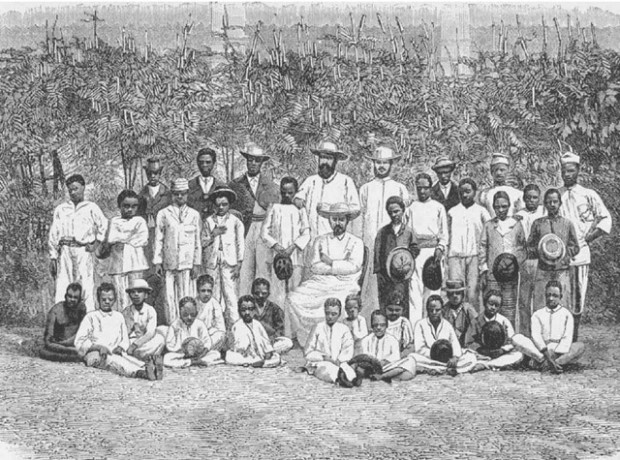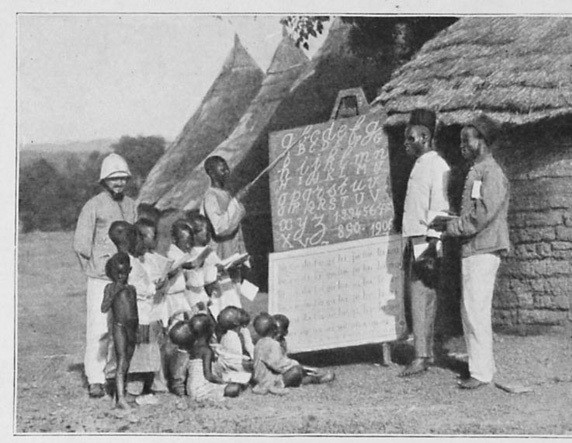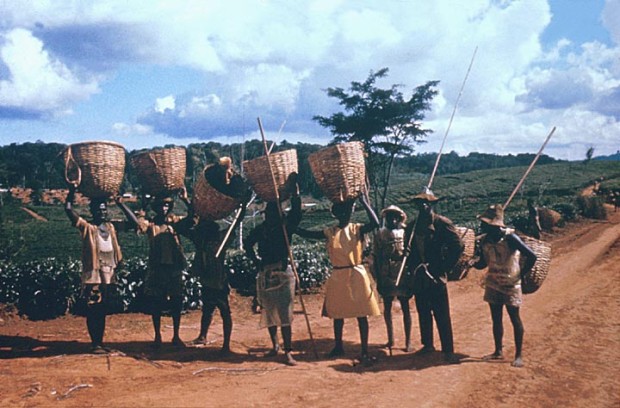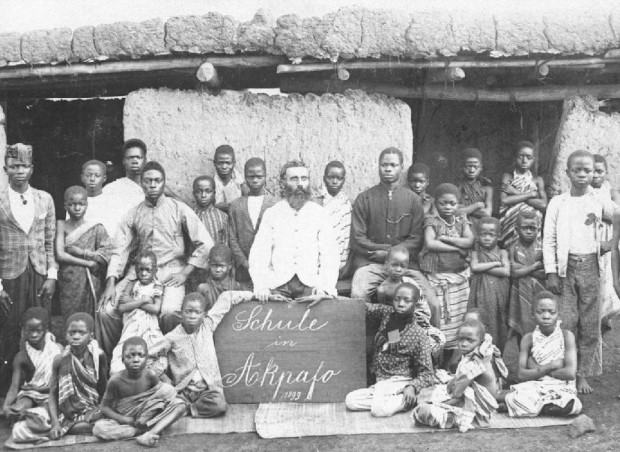
According to Micheal Crowder (author of Western Colonialism), the concept of education in Africa was not a colonial invention. Prior to European colonization and subsequent introduction of Western education, traditional educational systems had long existed in Africa.
The enduring role of education in every society is to prepare individuals to participate fully and effectively in their world. It prepares youths to be active and productive members of their societies by inculcating them with the skills necessary to achieve these goals. Although its functions varied, African traditional education was not compartmentalized.
Fundamentally, it was targeted toward producing an individual who grew to be well grounded, skilful, cooperative, civil, and able to contribute to the development of the community. The educational structure in which these well-rounded qualities were imparted was fundamentally informal. The family, kinship, village group, and the larger community participated in the educational and socialization process.
In his Education in Africa, Abdou Moumouni affirmed that the educational process essentially was based on “gradual and progressive achievements, in conformity with the successive stages of physical, emotional and mental development of the child”. The medium of instruction was the native language or “mother tongue” through which systematic instruction was delivered by way of songs, stories, legends, and dances to stimulate children’s emotions and quicken their perception as they explore and conquer their natural environment.
The African child was taught the various tribal laws and customs and wide range of skills required for success in traditional society. Traditionally, education received by Africans was oriented toward the practical side of matters. Work by Magnus Bassey (1991) indicates that those who took to fishing were taught navigational techniques like seafaring, the effects of certain stars on tide and ebb, and migrational patterns and behavior of fish.
Those who took to farming had similar training. Those who learned trades and crafts, such as blacksmithing, weaving, woodwork, and bronze work, needed a high degree of specialization and were often apprenticed outside their homes for training and discipline. Those who took to the profession of traditional priesthood, village heads, kings, medicine men and women diviners, rainmakers, and rulers underwent a longer period of painstaking training and rituals to prepare them for the vital job they were to perform.
Teaching was by example and learning by doing. African education emphasized equal opportunity for all, social solidarity and homogeneity. It was complete and relevant to the needs and expectations of both the individuals and society. This is because it was an integral part of the social, political, and economic foundation of the African society. However, the advent of the European missionaries and the introduction of Western education through the mission schools changed, in many fundamental ways, the dynamics of African education. Western education soon took center stage in Africa, debasing, challenging, and supplanting the traditional, informal education along with its cultural foundations.
But when the first Europeans landed on the shores of Africa, their main goal was to trade with the natives. Later, when they realized that there were vast resources and raw materials that could be exploited, settlements were built. Schools were also established with the help of missionaries.
By the time the Africans woke up, they were already under colonial domination. After fighting the heinous slave trade and their long struggle for independence, Africans were left wondering how they would bring back their old educational systems.
Reform upon reform has been made from the independence era till today but nothing concrete has come out of these reforms. Many scholars have said that Africans have not been able to find their rhythm in education because when Europeans brought the concept of western education to the continent, Africans were not consulted on how to fuse the existing system with what Europeans had brought.
There is no doubt that early African education concentrated more on skills rather than knowledge. What Africans inherited from Europeans is knowledge. Unfortunately, Africans have not been able to change the system. Many students graduate from schools without finding employment. Maybe it is time for Africans to rethink the concept of education one more time.







